Dupa plasarea solicitării de comandă, in sectiunea Istoric puteti vedea cate solicitări de comandă mai avem de procesat inaintea dumneavoastra
Program de lucru: Luni - Vineri 9:00 - 18:00, pauza 13:00 - 14:00.
Se efectueaza lucrari de mentenanta la site si pot aparea erori. In cazul in care intampinati erori va rugam sa reincercati mai tarziu.
Ridicarea personala este disponibila pentru comenzile achitate in avans. Se pot ridica dupa ce sunt pregatite.
Niciun produs
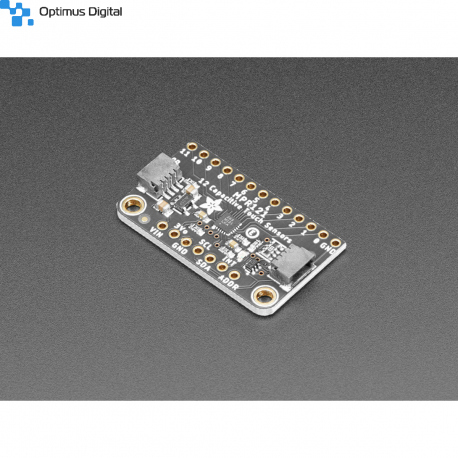 Mărește
Mărește
Placa Adafruit MPR121 cu 12 canale pentru Senzori Touch Capacitivi
P1982
Produs nou
Placa Adafruit MPR121 cu 12 canale pentru Senzori Touch Capacitivi
Acest produs nu mai este in stoc
- Scrie o recenzie
- Elimina acest produs din lista mea de favorite.
- Adauga acest produs la lista mea de favorite.
- Imprimă
Informații
Placa Adafruit MPR121 cu 12 canale pentru Senzori Touch Capacitivi
Recenzii
Clienții care au cumpărat acest produs au mai cumpărat:
-

Inel de...
Inel de LED-uri RGB WS2812 cu 16 LED-uri.
$7.00
-
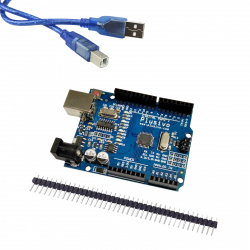
Placă de...
Placă ideală pentru proiecte creative în...
$9.45
-
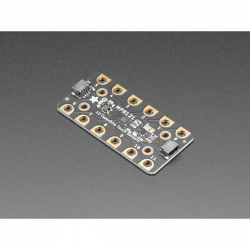
Placa...
Placa Adafruit MPR121 cu 12 canale pentru...
$14.40
-
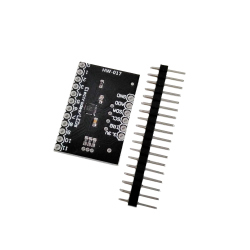
Modul Senzor...
Senzorul de atingere capacitiv este util în...
$2.16
-
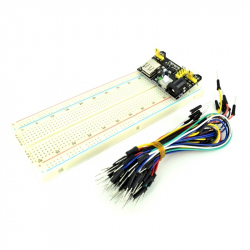
Kit...
Kit Breadboard HQ830 cu Fire și Sursă
$5.28
-
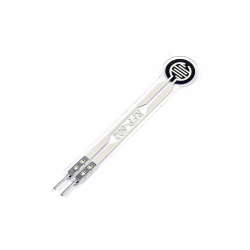
Rezistor...
Acest senzor detectează presiunea, apăsarea sau...
$9.60
-
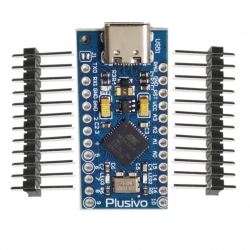
Placa de...
Placa de dezvoltare compatibila cu Arduino Pro...
$7.20
-
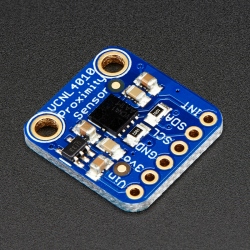
Modul Senzor...
Modul VCNL4010 conține un senzor de proximitate...
$14.40





